The Solemnity of Our Lord Jesus Christ, King of the Universe, commonly referred to as the Feast of Christ the King, is a relatively recent addition to the Western liturgical calenda, having been instituted in 1925 by Pope Pius XI for the Roman Catholic Church.
In 1970 its Roman Catholic observance was moved to the final Sunday of Ordinary Time. Therefore, the earliest date on which it can occur is 20 November and the latest is 26 November. Traditional Catholics observe it on its original date, the last Sunday of October. The Anglican, Lutheran, and many other Protestant churches adopted it along with the Revised Common Lectionary, occasionally referring to it as Christ the King Sunday. It is also observed on the same computed date as the final Sunday of the ecclesiastical year, the Sunday before the First Sunday of Advent, by Western rite parishes of the Russian Orthodox Church Outside Russia.[1] Roman Catholics adhering to the Extraordinary Form of the Roman Rite as permitted under the motu proprio Summorum Pontificum use the General Roman Calendar of 1960, and as such continue to observe the Solemnity on its original date of the final Sunday of October.
Pope Pius XI instituted the Feast of Christ the King in his encyclical letter Quas primas of 1925, in response to growing secularism[2] and in the context of the unresolved Roman Question.
According to Cyril of Alexandria, “Christ has dominion over all creatures, …by essence and by nature.” His kingship is founded upon the hypostatic union. “…[T]he Word of God, as consubstantial with the Father, has all things in common with him, and therefore has necessarily supreme and absolute dominion over all things created.”[3]
“From this it follows that to Christ angels and men are subject. Christ is also King by acquired, as well as by natural right, for he is our Redeemer. …’ We are no longer our own property, for Christ has purchased us “with a great price”; our very bodies are the “members of Christ.”[4] A third ground of sovereignty is that God bestowed upon Christ the nations of the world as His special possession and dominion. “All power in heaven and on earth has been given to me.” (Matthew 28:18)
The feast has an eschatological dimension pointing to the end of time when the kingdom of Jesus will be established in all its fullness to the ends of the earth. It also leads into Advent, when the Church commemorates the arrival of the newborn king.
The title of the feast was “Domini Nostri Jesu Christi Regis” (Our Lord Jesus Christ the King), and the date was established as “the last Sunday of the month of October – the Sunday, that is, which immediately precedes the Feast of All Saints”.[5] In Pope St. John XXIII’s revision of the Calendar in 1960, the date and title were unchanged but, according to the simplification of the ranking of feasts, it was classified as a feast of the first class.
In his motu proprio Mysterii Paschalis of 1969, Bl. Pope Paul VI amended the title of the Feast to “D. N. Iesu Christi universorum Regis” (Our Lord Jesus Christ King of the Universe). He also moved it to the new date of the final Sunday of the liturgical year, before the commencement of a new liturgical year on the First Sunday of Advent (the earliest date for which is 27 November). Through this choice of date “the eschatological importance of this Sunday is made clearer”.[6] He assigned to it the highest rank of “solemnity”.[7]
In the extraordinary form, as happens with all Sundays whose liturgies are replaced by those of important feasts,[8] the prayers of the Sunday on which the celebration of the feast of Christ the King occurs are used on the ferias (weekdays) of the following week. The Sunday liturgy is thus not totally omitted.
In 2017, the Solemnity day falls on 26 November[9] (or 29 October[10] for those using the traditional calendar). The liturgical vestments for the day are colored white or gold, in keeping with other joyous feasts honoring Christ.
Significance for the Laity
While the encyclical that established this feast was addressed, according to the custom of the time, to the Catholic Bishops, Pope Pius XI wanted the Feast to impact the laity:
“If to Christ our Lord is given all power in heaven and on earth; if all men, purchased by his precious blood, are by a new right subjected to his dominion; if this power embraces all men, it must be clear that not one of our faculties is exempt from his empire. He must reign in our minds, which should assent with perfect submission and firm belief to revealed truths and to the doctrines of Christ. He must reign in our wills, which should obey the laws and precepts of God. He must reign in our hearts, which should spurn natural desires and love God above all things, and cleave to him alone. He must reign in our bodies and in our members, which should serve as instruments for the interior sanctification of our souls, or to use the words of the Apostle Paul, as instruments of justice unto God.” [11]
Source: Vatican Papal Documents

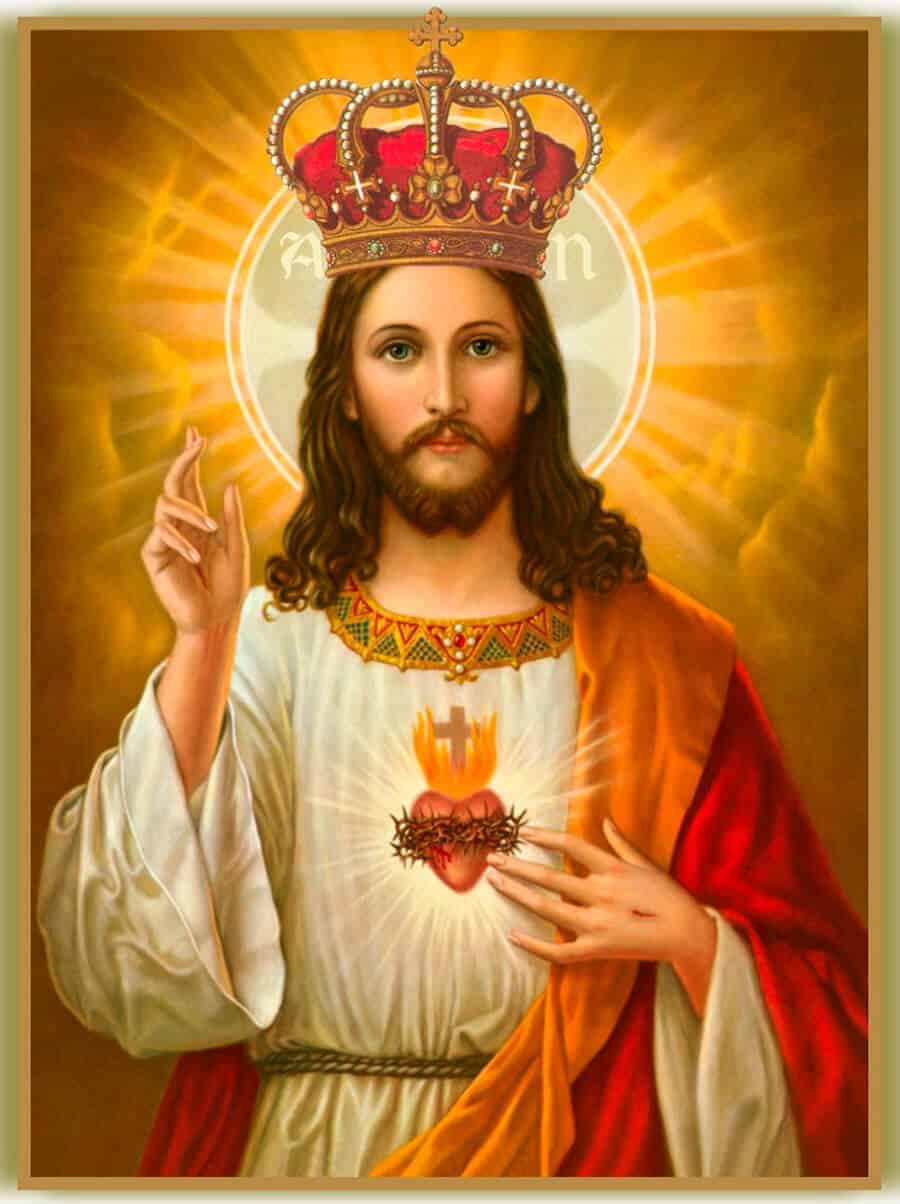

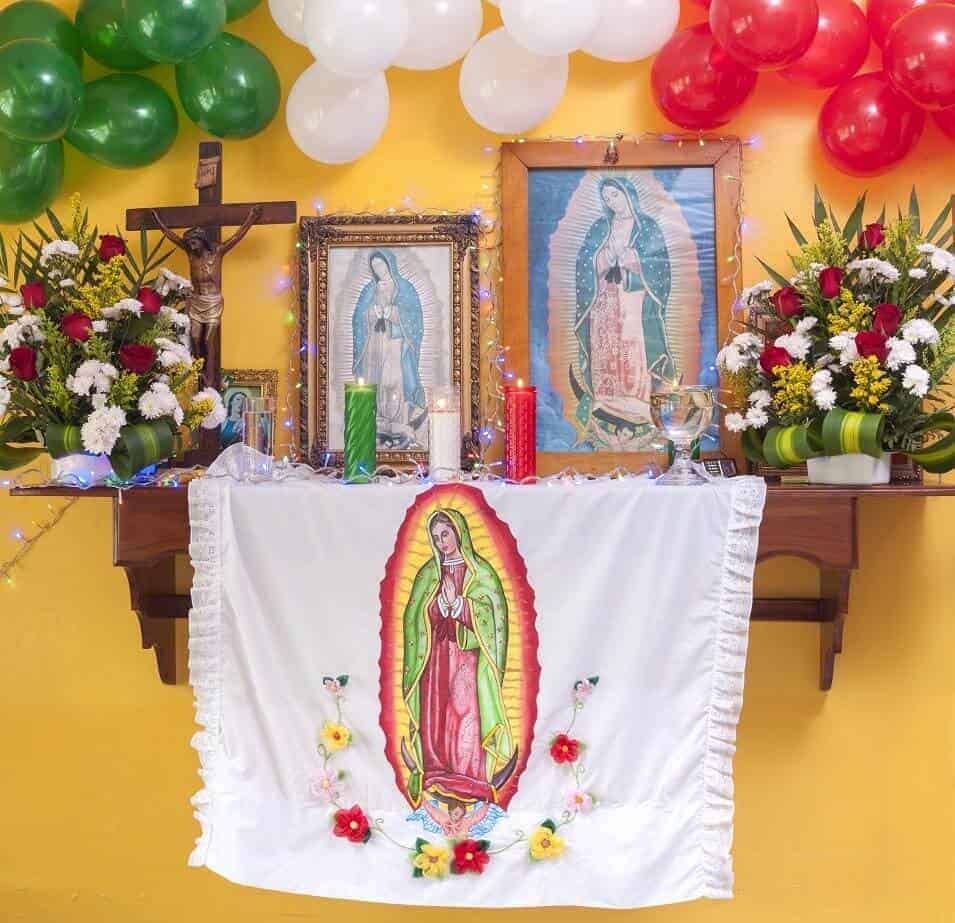
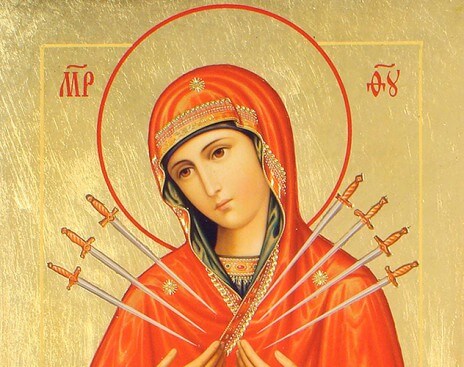

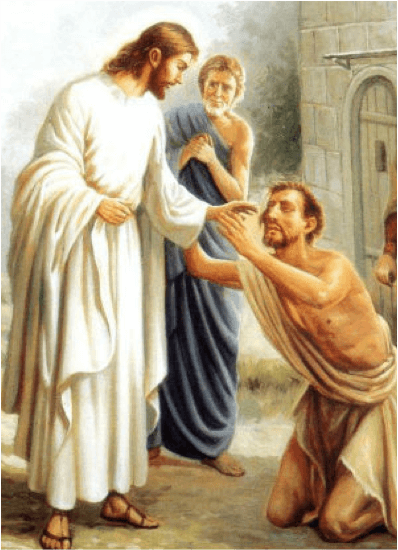
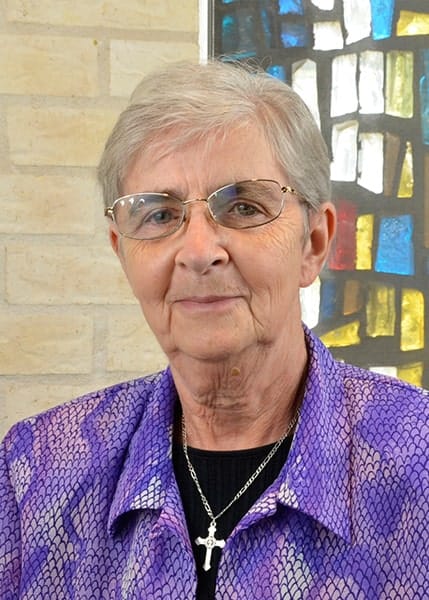

AMEN
Hello Ignatius! Thanks for reading!
Good day, Can I possibly have a copy of the image of Christ the King? We will be using it in our parish. Hope it’s okay.
Hello Melanie! The original image does not belong to us, but you can use it. Thanks for asking!
Where can I get this image of Jesus we are trying to start the enthronement in the homes of Christ The King